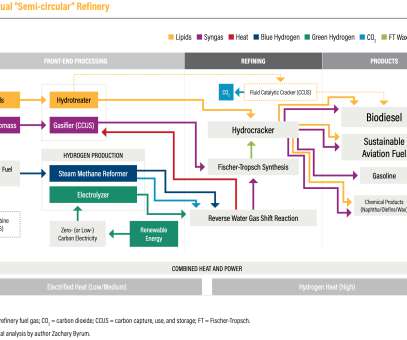Chevron / Toyota road trip demonstrates renewable gasoline blend
Green Car Congress
APRIL 18, 2023
Chevron (as well as fellow oil major ExxonMobil) has been developing co-processing—adding biomass-derived feedstocks to the fossil-based feedstocks of existing petroleum refinery process units—as a way to produce fuels with increased renewable content more cost-effectively. United States. doi: 10.2172/1846005





















Let's personalize your content